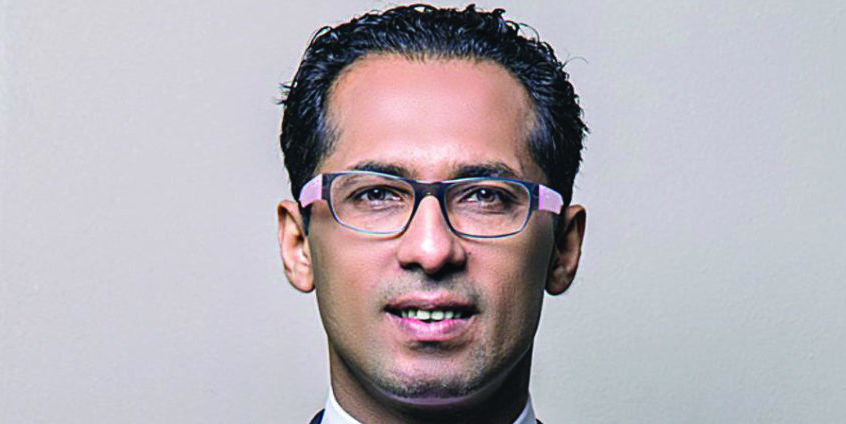If you have travelled across Africa, you will attest that there is a war between optimism and pessimism. If you look closely, there is a high level of pessimism on the continent. Africans are people who believe in fate; often subject to our situations, than our situations subject to us.
There needs to be a balance between optimism and pessimism, but not so that you only get realism. If this world only had realists, humanity would not have advanced. Realists base their judgments mainly on what has already been proven.
Optimists tend to have too much energy, particularly in the early stages of conceiving an idea, and overlook what could go south. The key here is to realize when your vision does not cost you anything; if so, you are day dreaming.
I will admit, this world was and is built mostly by optimists, the ones who saw something when everyone else saw nothing. This is important because if you can see the invisible, you can do the impossible.
Nevertheless, realists, despite sometimes being negative, have anchored our society and are often our voice of reason.
As an entrepreneur, you will realize that potential investors are your voice of reason, particularly banks. When you, as an entrepreneur, approach investors excitedly about your business idea, they have a way of making you get in touch with reality by viewing your presentation with x-ray goggles.
I want to touch on the pessimistic bias among some African entrepreneurs, and how we can both confront it and conquer it. It is also important to mention that we have a large number of optimistic entrepreneurs on the continent, especially since Africa is the latest economic frontier for major growth, following on from China and India.
Some might ask whether this pessimistic behavior is part of the nature versus nurture debate. You might notice that a few African entrepreneurs settle for mediocracy, while our Asian, American and European counterparts strive to be the best.
Could it be that you cannot dream to rise above what you are exposed to? Entrepreneurs around the world may have more role models than we do, but we are as capable as any of them.
My concern is that the pessimism is blocking us; we need to stop it once and for all. Let’s follow the example set by some of the shining African stars in business, such as Folorunsho Alakija, Aliko Dangote, Elon Musk, and Mohammed Dewji, among others.
As we embrace optimism, we need to also be careful of blind optimism. You cannot only consider the upside without having counter measures to still succeed if your original plans do not work.
Therefore, a major dosage of optimism, mixed with a dash of realism, is necessary for any African entrepreneur. There is no place for pessimism.
There is a saying I am fond of: while the optimist was arguing that the glass was half full and the pessimist was saying it was half empty, the entrepreneur sold the glass.
So, what needs to be done? We must make sure we use the right metrics to measure our business. This will make it easier to achieve the desired results, not leaving anything to luck or fate. We need to be persistent and implement the right strategies until things start to happen.
Most importantly, African entrepreneurs need to understand that victories don’t come by accident.
